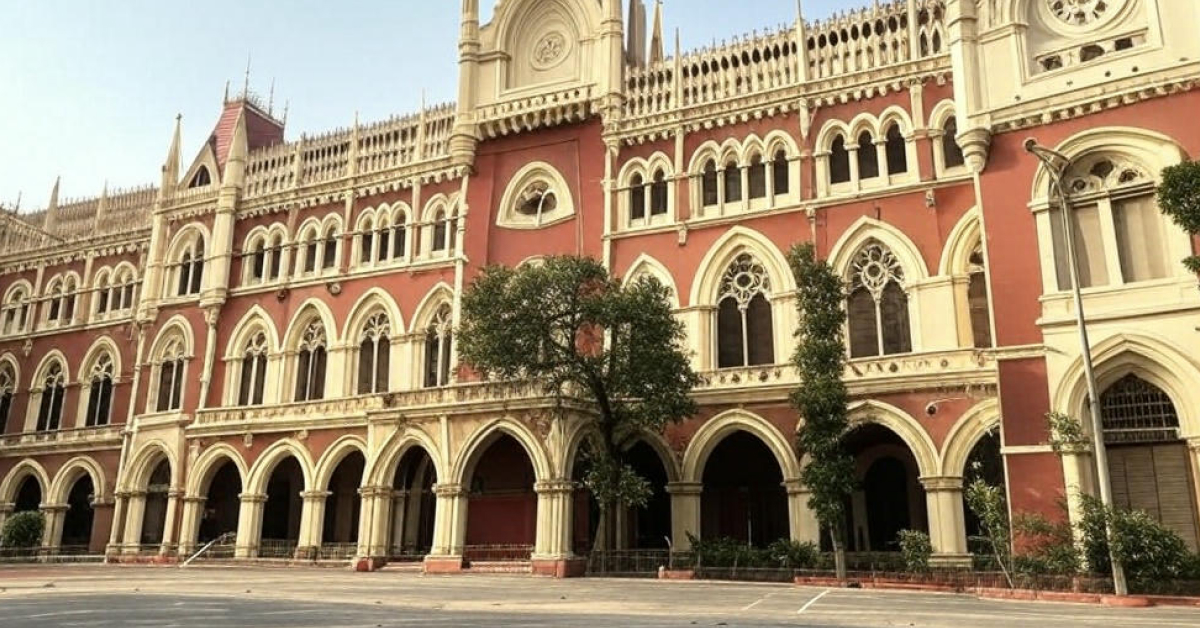Dispute Details:
The ILEAD Foundation, a registered project implementation agency, signed a Memorandum of Understanding (MoU) with the State of West Bengal on August 30, 2017. The agreement pertained to the execution of a rural development initiative, and the first phase of the project was completed with payment duly processed. However, when the foundation sought payment for the second phase, the State denied the request, alleging non-compliance with the MoU’s terms.
Following this, ILEAD approached the Calcutta High Court in 2022 under Article 226 of the Constitution, but the court dismissed the writ petition in November 2023, stating that the nature of the dispute required an assessment of facts and evidence, which fell outside its jurisdiction. The court, however, clarified that the petitioner could pursue other legal remedies, including arbitration.
Legal Arguments and Arbitration Debate
In January 2025, ILEAD invoked Clause 9.1 of the MoU, which provided for arbitration in case of disputes. Despite this, the State of West Bengal refused to participate, leading ILEAD to file an application for the appointment of an independent arbitrator.
The State argued that the arbitration clause in the MoU was vague and incomplete, as it did not specify the seat of arbitration or governing law. The government also cited a notification issued in September 2023, which clarified that the term "Arbitrator" in Clause 9.1 should be interpreted as "Adjudicator", thus challenging the validity of the arbitration clause.
However, Justice Shampa Sarkar, rejecting this argument, ruled that an arbitration agreement does not necessarily require explicit mention of a seat or governing law as long as the intent to arbitrate is clear. She cited previous Supreme Court rulings, including:
- Jagdish Chander vs. Ramesh Chander (2007) – Emphasizing that arbitration clauses must reflect the intent to refer disputes to an independent decision-maker.
- Solaris Chem Tech Industries Ltd vs. Karnataka Urban Water Supply (2023) – Affirming that missing procedural details do not invalidate an arbitration clause.
- Perkins Eastman Architects DPC vs. HSCC (India) Ltd (2019) – Holding that unilateral appointment of an arbitrator by an interested party is not legally valid.
Appointment of Arbitrator
Considering the failure of the existing dispute resolution mechanism, the court ruled that an independent arbitrator must be appointed. It designated Advocate Sayantan Bose as the sole arbitrator under Section 12 of the Arbitration and Conciliation Act, 1996. The arbitrator will determine his own remuneration and oversee the case in compliance with the Act.
Key Takeaways from the Judgment
- A legally valid arbitration clause does not require explicit mention of governing law or venue as long as both parties agree to arbitration.
- A government notification cannot retrospectively change contract terms, reinforcing the sanctity of agreements.
- Unilateral appointment of an arbitrator by an interested party is impermissible under Indian law.
- Arbitration continues to be a preferred legal remedy for contractual disputes, particularly in government projects.
This ruling highlights judicial support for arbitration in contractual disputes and sets a precedent for similar cases involving government agreements.
Read The Judgment Here
keywords: arbitration dispute, calcutta high court ruling, government contract dispute, commercial arbitration india, arbitrator appointment case, legal precedent arbitration

